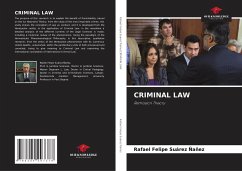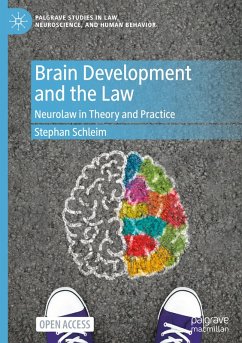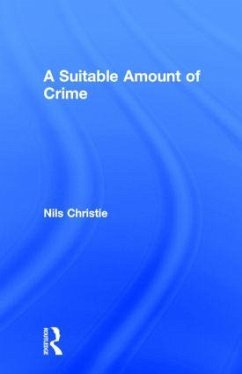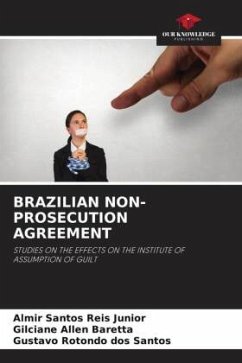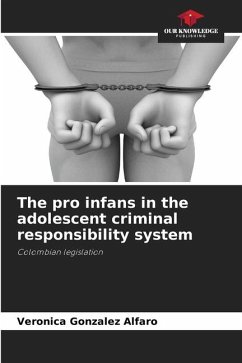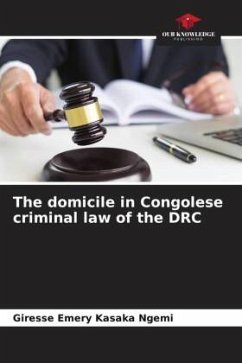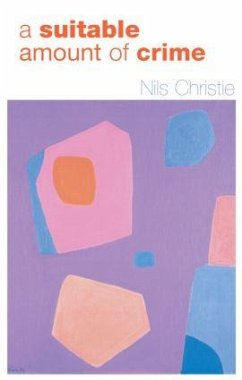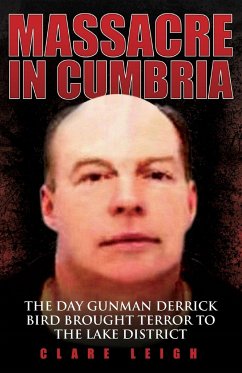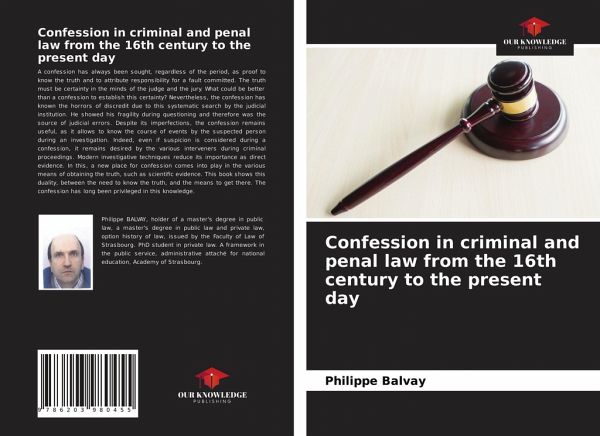
Confession in criminal and penal law from the 16th century to the present day
Versandkostenfrei!
Versandfertig in 6-10 Tagen
36,99 €
inkl. MwSt.

PAYBACK Punkte
18 °P sammeln!
A confession has always been sought, regardless of the period, as proof to know the truth and to attribute responsibility for a fault committed. The truth must be certainty in the minds of the judge and the jury. What could be better than a confession to establish this certainty? Nevertheless, the confession has known the horrors of discredit due to this systematic search by the judicial institution. He showed his fragility during questioning and therefore was the source of judicial errors. Despite its imperfections, the confession remains useful, as it allows to know the course of events by t...
A confession has always been sought, regardless of the period, as proof to know the truth and to attribute responsibility for a fault committed. The truth must be certainty in the minds of the judge and the jury. What could be better than a confession to establish this certainty? Nevertheless, the confession has known the horrors of discredit due to this systematic search by the judicial institution. He showed his fragility during questioning and therefore was the source of judicial errors. Despite its imperfections, the confession remains useful, as it allows to know the course of events by the suspected person during an investigation. Indeed, even if suspicion is considered during a confession, it remains desired by the various interveners during criminal proceedings. Modern investigative techniques reduce its importance as direct evidence. In this, a new place for confession comes into play in the various means of obtaining the truth, such as scientific evidence. This book shows this duality, between the need to know the truth, and the means to get there. The confession has long been privileged in this knowledge.



